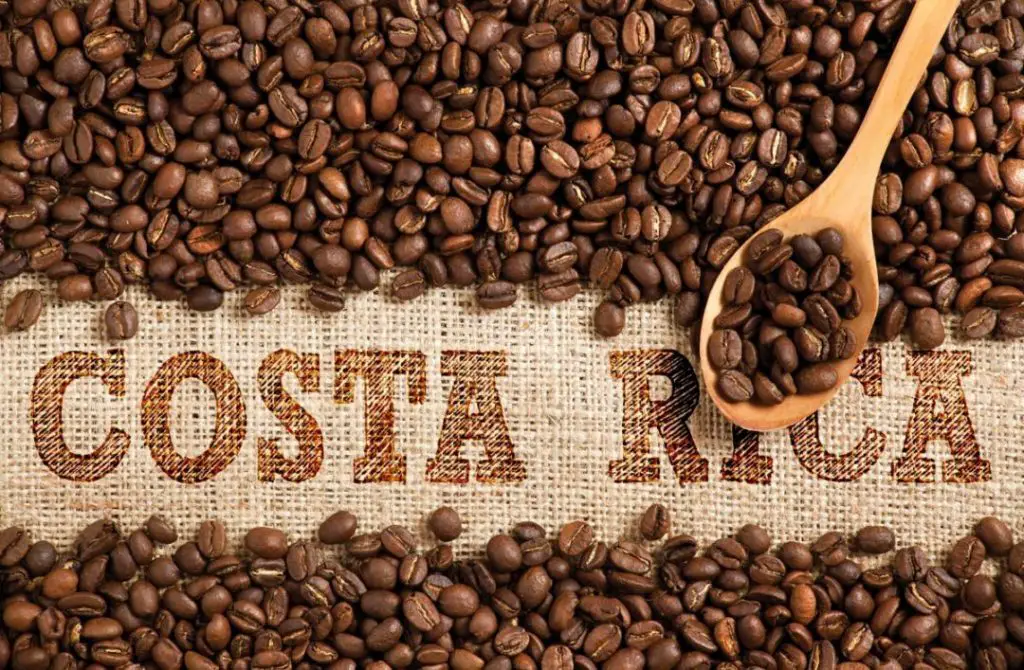When it comes to gamling legislation, it’s rare to find any two countries that do it the same. Gambling landscapes across the Americas vary widely with each country having its own set of unique regulations and payment methods. Costa Rica, Canada, and the United States all offer different environments, which we’ll examine below.
First up, Costa Rica stands out for its lack of specific online gambling regulations, instead allowing companies to operate under “data processing” licenses. This leniency attracts businesses seeking tax benefits and lower operational costs. However, herein lies a major flaw: the absence of stringent regulations raises concerns about consumer protection, as players may, at times, have limited recourse in the case of any disputes. Despite this, however, Costa Rica remains a hotspot for online gambling companies, focusing primarily on serving international customers. This results in a diverse range of languages and payment methods offered by online gambling companies based in the country.
Credit cards, although accepted by some operators, may face some restrictions from issuing banks, particularly those in jurisdictions with stringent regulations. E-wallet options in Costa Rica are comparatively limited, with popular choices like Skrill and Neteller available but subject to operator discretion. The rise of cryptocurrencies, such as Bitcoin, presents an alternative avenue for transactions, offering faster processing times and potentially lower fees, though acceptance among operators remains uneven.
– Advertisement –
In contrast, Canada boasts a regulated online gambling environment, with each province having its own regulatory body. This decentralized approach allows for tailored regulations but can result in variations in available games and rules across provinces. According to Jonathan Askew, Techopedia’s casino and sports betting expert, Canada’s newest options for 2024 place a huge emphasis on promoting responsible gambling practices, with robust measures in place to promote player safety and well-being to keep it fun. The country’s provincial approach to online gambling regulation ensures a level of consistency within each region while allowing for tailored rules and oversight.
Canada boasts a diverse array of payment options for online gambling enthusiasts. Interac, a trusted national debit network, facilitates secure and expedient transactions, serving as a preferred method among Canadian players. While credit card usage persists among certain operators, increasing regulations and restrictions imposed by issuing banks may hinder its widespread acceptance. E-wallets like MuchBetter, ecoPayz, and Neteller enjoy popularity within the Canadian online gambling community, providing convenient alternatives for financial transactions. Additionally, bank transfers offer a direct but slower method for deposits, catering to players’ varying preferences.
The United States presents a very complex legal landscape, with online gambling prohibited at the federal level but legalized and regulated in some states. In short, it’s confusing, and the fragmented framework creates uncertainty for operators and players alike. Despite the challenges, though, the US market does show a lot of promise, particularly in the rapidly expanding sector of sports betting. As more states legalize online gambling, the industry is poised for substantial growth given the country’s massive population.
In the United States, navigating payment options for online gambling proves complex amidst a patchwork of state regulations. Credit card usage is subject to state-specific legislation, with some regions explicitly prohibiting transactions for online gambling activities. ACH bank transfers are still a popular choice as a secure and direct means of depositing funds from players’ bank accounts.
E-wallets, similar to Canada, remain prevalent, with MuchBetter, ecoPayz, and Neteller serving as go-to options. For those wary of traditional banking methods, prepaid cards like PaySafeCard offer an alternative avenue for online transactions, catering to diverse player preferences and regulatory constraints.
– Advertisement –
Source link
Carter Maddox



